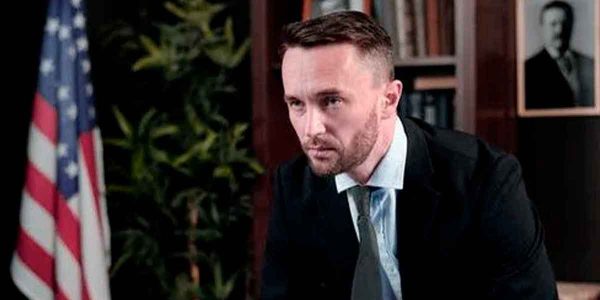When a person dies, assets must be distributed appropriately by applicable state laws and the instructions outlined in their will when alive. A probate lawyer guides an estate’s beneficiaries or executors through the probate process. Moreover, they also help with everything from identifying beneficiaries and estate assets to allocating assets and inheritances.
What is a probate attorney or lawyer?
A probate lawyer is a state-licensed attorney who assists the beneficiaries and executors of an estate in settling the decedent’s affairs. One can sometimes avoid probate if the trust holds all the deceased’s assets. A trust can guarantee a smooth property transfer without going through a court or legal process.
What does a lawyer for probate do?
Here are some specific examples of typical tasks an executor and beneficiaries might receive help with from a probate lawyer:
1. obtaining life insurance policy proceeds
2. choosing and protecting estate assets
3. Getting valuations for the deceased’s real estate
4. help with the payment of debts and bills
5. preparing and submitting all paperwork necessary for a probate court to determine whether the deceased owns any taxes and payment of bills.
6. resolving tax problems
7. Taking care of the estate’s bank account
8. transferring property owned by the deceased to the designated beneficiaries
Many things could go wrong during the probate process. Unfortunately, the process goes wrong even after carefully writing your will and planning your estate in great detail. Here are some of the issues you or your probate lawyer may face:
It is often best to know how to avoid probate because it can be a drawn-out and expensive legal process. However, to make sure that your beneficiaries receive their fair share of your estate, it is crucial for you, the testator, to comprehend the probate statutes in cases where it is necessary.
The most frequent issues that beneficiaries run into during the probate process are listed below, along with advice on how to avoid them.
There was no sign of the will.
Your executor needs the will to request a Grant of Probate from the courts. If they don’t have it on hand, the Wills Registry, which the Singapore Academy of Law keeps, would be the best place to look. They may also contact the attorney who might have assisted you in drafting the will.
The probate law in Singapore permits the submission of a copy or draught of the will until the original can be found in the original cannot be found. If not, the laws governing intestacy will be in effect, and it will be as if you never made a will.
The will is disputed.
Arguments between family members or beneficiaries frequently happen during the probate process. While this is always possible, it is especially true when you have a complicated family structure and substantial assets in your estate.
Some people can contest the legality of your will and question whether it accurately reflects your wishes. After that, you will have to rely on your executor to provide additional proof that your choice is valid.
You can appoint a probate attorney to serve as your executor to lessen conflict among family members. This person will be able to conduct themselves professionally and without prejudice toward any of your beneficiaries or family members.
No trace of the probate assets could be made.
Your executor must be able to locate the assets to distribute them. The ownership transfer will only be delayed if they cannot be found. This can be prevented by providing accurate information about your purchases when writing your will.
Not properly handling creditors
Costly claims from creditors during the probate process may need to be paid from your estate. Therefore, your executor must maintain accurate records to assess the claims’ validity. Moreover, they should guarantee that your creditors receive their money on schedule.
Waiting too long to start the probate procedure might lead to more aggressive creditors. Additionally, it may result in the estate owing more taxes and debt. To avoid this, you can hire experts to administer your estates, such as an accountant or a probate lawyer.
Can I submit my grant of probate application?
If you’re thinking about writing a will or if you’re the executor, first understand the definition and laws of probate. Then, it is best to seek advice from a probate lawyer in most cases, especially in complicated situations.







